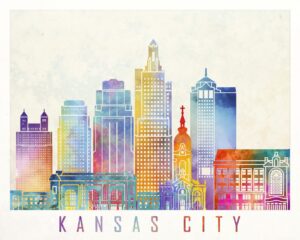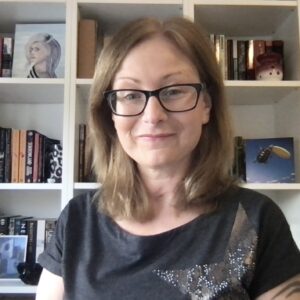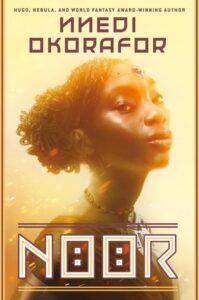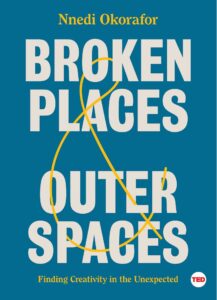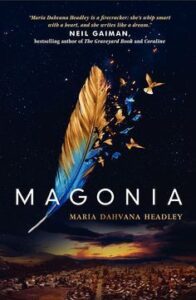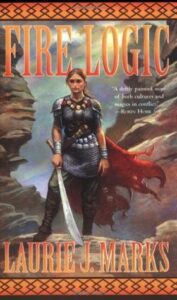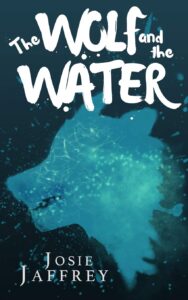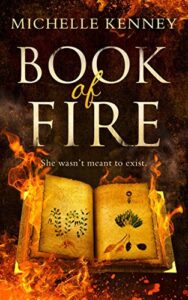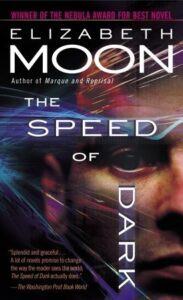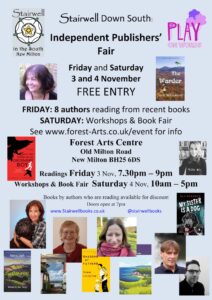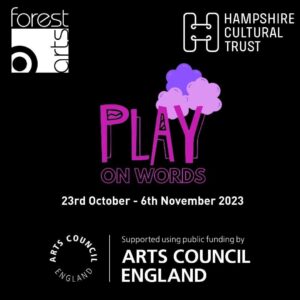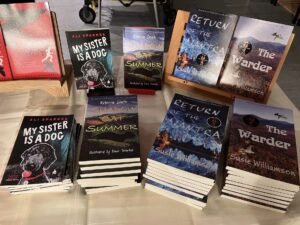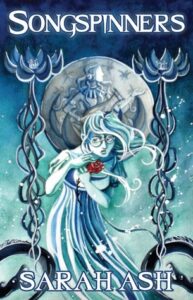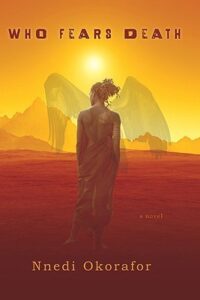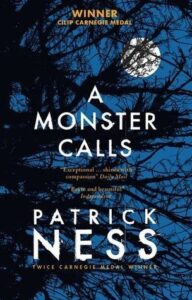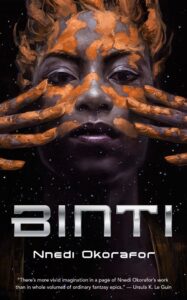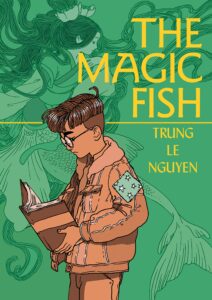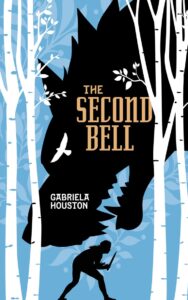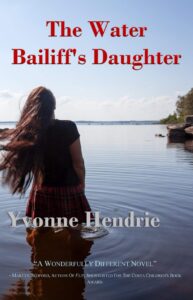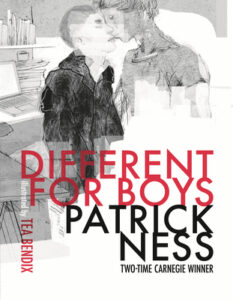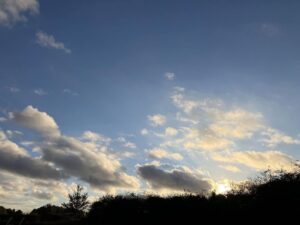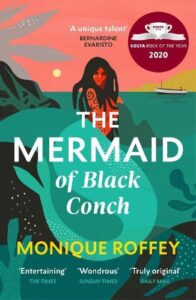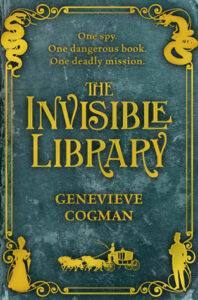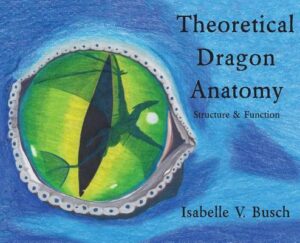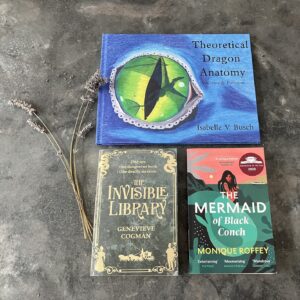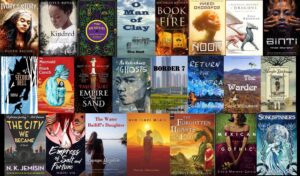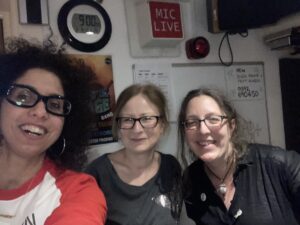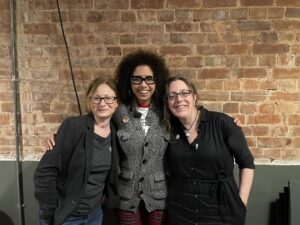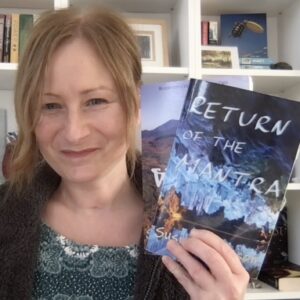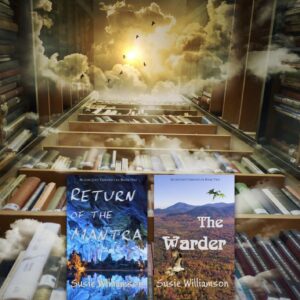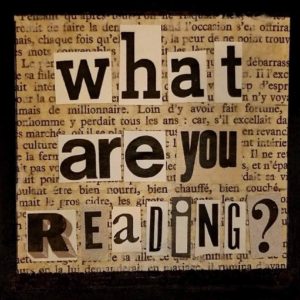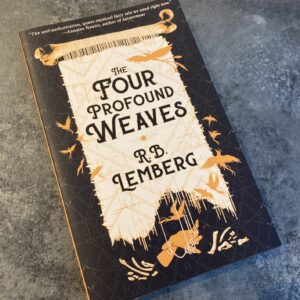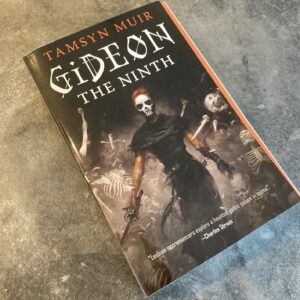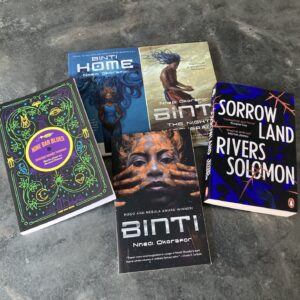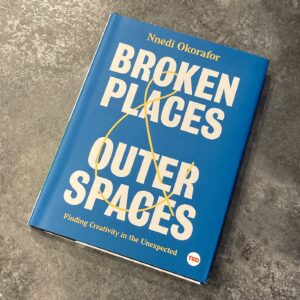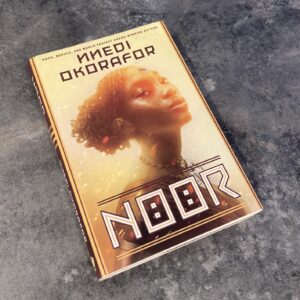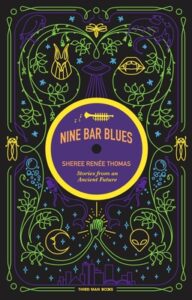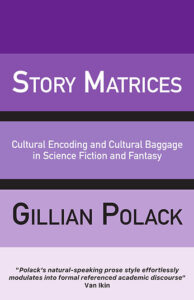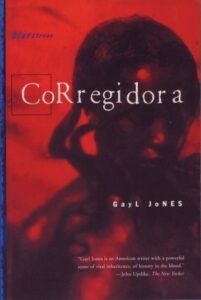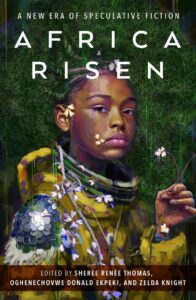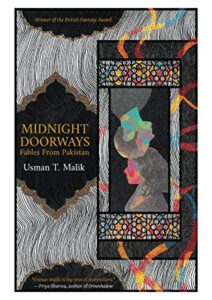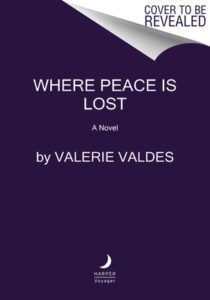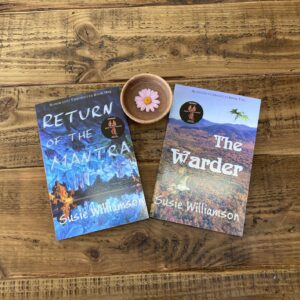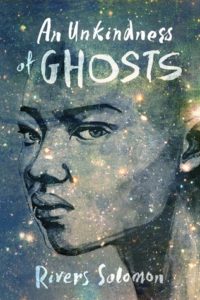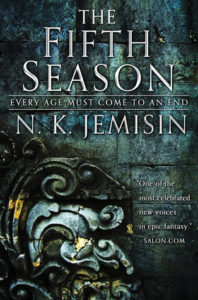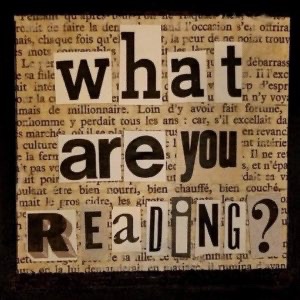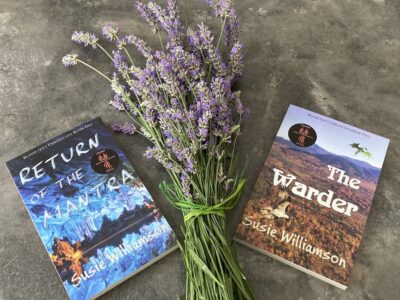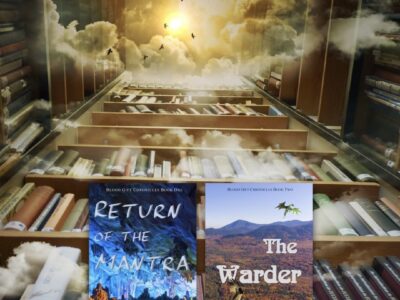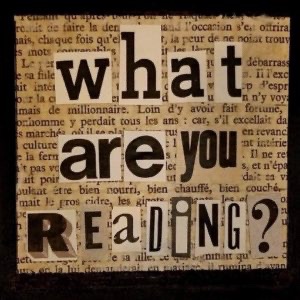
If ever I needed a reminder of the heights of great worldbuilding, this collection, from one of our great SFF pioneers, Ursula Le Guin, offers a masterclass. Eight short stories and novellas bring us worlds near and far, those travelling between worlds, and shifting perspectives from outwards to inwards with thought-provoking poignancy.
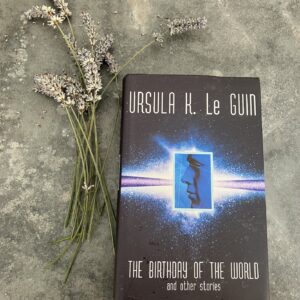
The Birthday of the World; by Ursula Le Guin
To give you a sneak peek into the inner workings…
The Birthday of the World
The Birthday of the World is considered to be the time the sun stands over Mount Kanaghadwa, when people count themselves a year older, although the rituals and ceremonies are no longer remembered. In a society struggling with their concept of god, the narrator reflects on their own beliefs, rituals and ceremonies, layering a world where gods dance and die, and wild dragons fly. But with wars at the borders, lands have grown too large and the existence of God itself is threatened. The world must die so that God may live, and so the narrator is left pondering the identity of God itself.
Old Music and the Slave Women
Esdan, a chief intelligence officer, ends up on a clandestine mission during a civil war. Intercepted by government forces, he is imprisoned on a large slave estate, where his perspective becomes increasingly limited. In a brutal world, this is a story of survival, and hopeful endeavour in the coming revolution. Will the rebellion reach them? From humiliating violence, to muddy waters of human inequity in supposed liberation, to the failings of world construct to deliver utopia, it is in the bonds between slaves that kindness and comfort is found, and where the heart of the story lies.
Paradise Lost
On a multi-generational voyage to a potentially habitable planet, Liu Hsing and Nova Luis are members of the fifth generation born on the space ship. Many are excited by the idea of discovery, a planet to explore and send information back to the human species. But some people, especially the older generation, subscribe to the religion of Bliss – the state of a blissful journey, with no end. For them, Bliss is the only reason to stay alive. Liu and Nova are faced with followers of the religious cult who question if living on a planet is such a joy. There are also environmental themes, highlighting the challenge of making change, and the overall question of what is natural and what is not. An interesting read, fascinating in its construct, and thought-provoking in the themes of isolation, religion and utopia.
Solitude
Solitude is told by the narrator, as she reflects on her experiences growing up on Eleven-Soro. Her mother was an Observer, whose work involved settling among the native people of Eleven Soro, to learn about this complex alien world. Cultural differences between mother and daughter eventually drive them apart. Where the mother shuns the alien culture, the narrator adopts it as her own, wanting to grow her soul and experience what it means to be a person of that culture. It is a theme reflective of generational confusion, complicated by outside influence. It is also an interesting use of perspective, approaching the culture of Eleven-Soro from a colonised mindset, yet entirely shifting perspective onto a young woman who becomes part of it. Cultural norms are highlighted, which require societies of modest population, driven by a desire for solitude and the social norm being introverts, perhaps essentially selecting for autism. In true style of Ursula Le Guin, subverted expectations are delivered with ease, which illuminate and surprise, in this creative and thought-provoking world.
The Matter of Seggri
Set in the dystopian society of Seggri, the story is written as a first contact report on the ship’s log of the Wandership. The captain describes a complex society which demonstrates gender as a social construct. Gender expectation is subverted and replaced with inventive roles. The impact of colonialism is also questioned, with consideration given to a society destabilised by outside contact. Previous colonial interference messed with chromosomes, which now results in there being sixteen women for every one man. In the present day, men have all the privilege and women have all the power. Given the opportunity, would men cling to their privileged status or demand freedom, and would women resist giving up their power? Would the sexual system break down?
Unchosen Love
In a world textured with colour, legend and mystery, a polygamous society is structured around family units called sedoretu. Hadri has been chosen to join one such family, after a man seeks out his affections. Homosexual and heterosexual coupling is commonplace, and various aspects of relationships are explored, including the more insidious coercive control.
‘Being unhappy in a room is worse than being unhappy outdoors.’
It is following one mysterious encounter that Hadri comes to realise his true feelings. It is a startling discovery, not least for himself, and brings with it a tantalising coming-of-age feel.
Mountain Ways
This story continues with the themes from Unchosen Love, with society structured around the same sedoretu units. Two women fall in love outside of convention, but over time they conform and strive to form a sedoretu. Through it we see the cost of compromise, the bitterness of conformity and restriction, a stark contrast to two previously independent souls. It was an intriguing and illuminating play on character, that also undoubtedly left a bitter taste. There was also an interesting interplay with the natural world, challenging the concept of ownership. I particularly enjoyed the portrayal of environmental equity.
Coming of Age in Karhide
Set on the fictional planet of Gethen, a place where adults have no fixed gender identity, the story follows Sov Thade Tage em Ereb, a teenager living in a large communal home in the Karhidish city of Rer. As Sov experiences biological changes, it is clear they are ready for kemmer, held in a communal Kemmerhouse for those sexually receptive. Any children conceived in the Kemmerhouse are raised in the communal home, the hearth. Sov and their friend, both ready for kemmer, express fears that being in kemmer is dehumanizing, being seen as a sex machine. And so Sov’s coming of age story is told, of changing bodies and sexuality that was utterly relatable, as well as a meaningful alternative look into gender identity in a place where, quite simply, love is love.
What are you reading?
